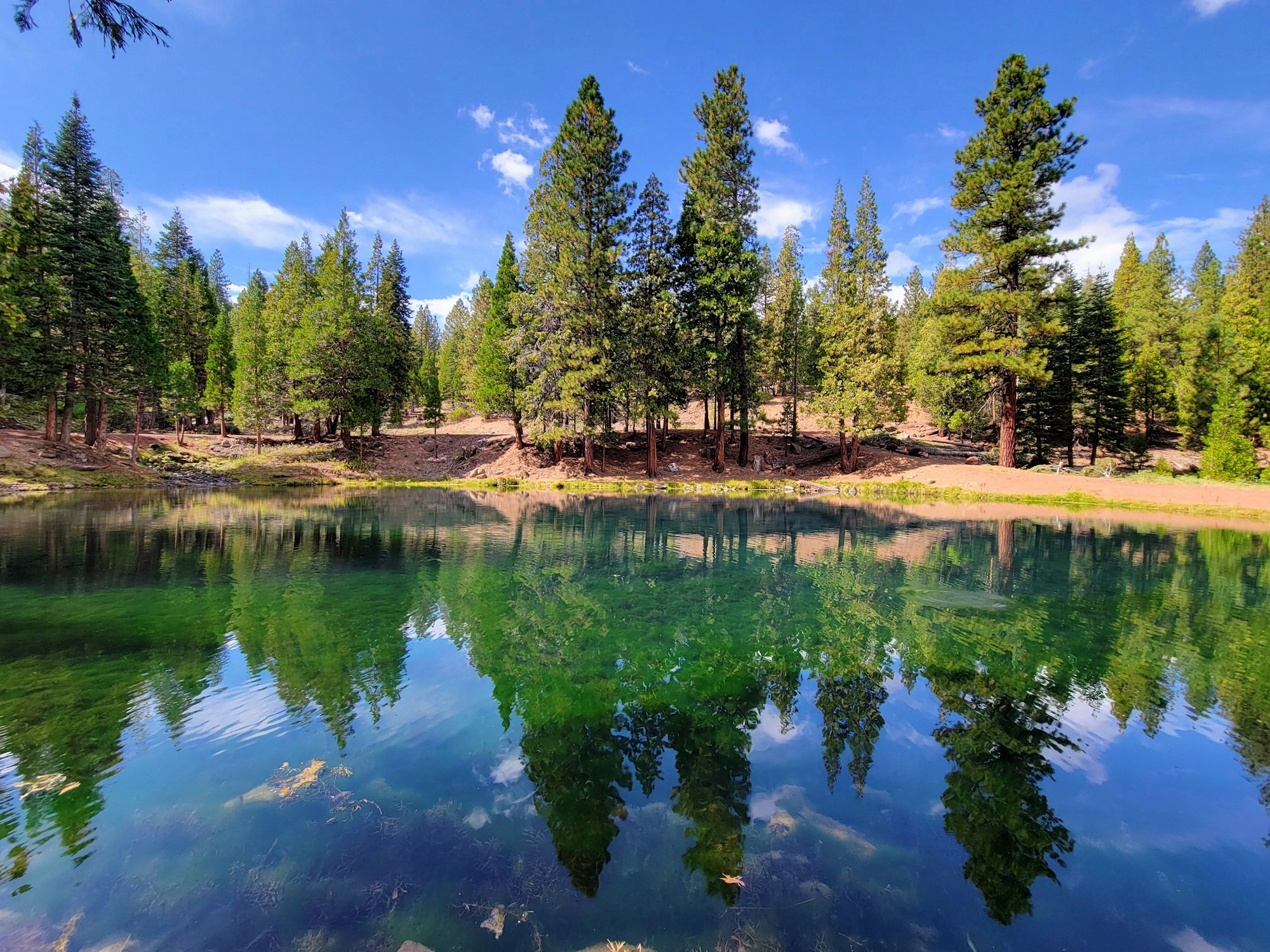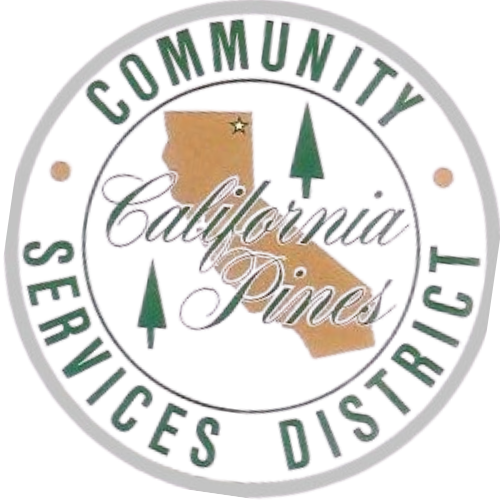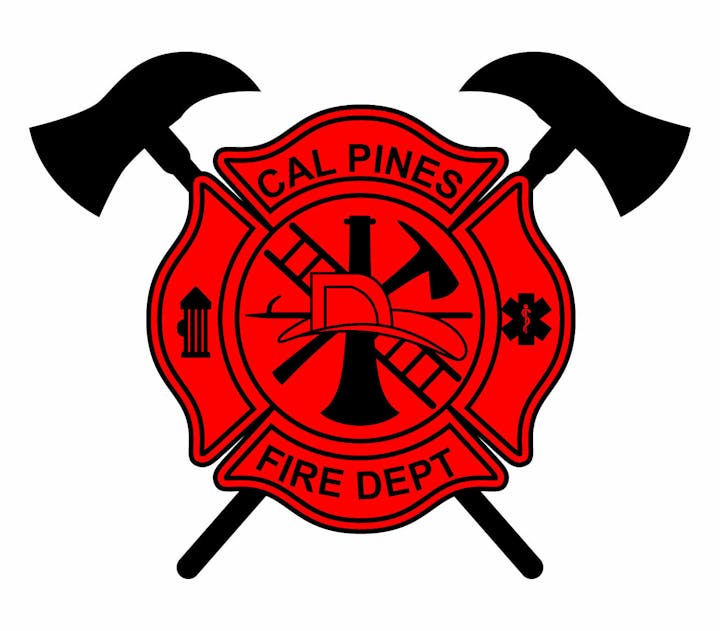California Pines Property Owner Information

Essential Details for Owners in California Pines, CA
Overview of California Pines
California Pines is a rural community located in Modoc County, northeastern California. Known for its scenic landscapes and tranquil environment, California Pines attracts property owners seeking recreation, retirement, or affordable land investment.
Property Owner Responsibilities
- Annual Assessments: Most lots are subject to yearly property owner association (POA) assessments for road maintenance, amenities, and community services.
- Property Taxes: All owners must pay Modoc County property taxes each year. Failure to pay taxes can result in penalties or liens.
- Land Use Regulations: Property use and development are governed by county zoning laws and POA guidelines. Common restrictions include building codes, minimum lot sizes, and environmental protections.
-
Utilities and Services: Many properties are undeveloped and may not have direct access to water, electricity, or sewage. Owners should verify utility availability before building.
- The California Pines Community Services District provides water/sewer/trash.
- Surprise Valley Electric provides electricity to California Pines
- Road Maintenance: The POA and the CSD maintain the roads within the district.
How to Find Property Owner Information
- County Records: Modoc County Assessor's Office maintains public records of property ownership. Owners can search by parcel number, address, or name online or in person.
- POA Database: The California Pines POA maintains a registry of members and properties. Contact the POA directly for specific ownership questions.
- Title Companies: Title companies can provide detailed reports on property ownership, liens, and transaction history for a fee.
Contact Information
- California Pines POA
- Modoc County Assessor
- Modoc County Recorder: For recorded deeds and property documents.
Tips for Property Owners
· Keep your contact details updated with the POA and county offices.
· Review POA rules and attend annual meetings to stay informed.
· Check zoning regulations before planning development or improvements.
· Pay taxes and assessments on time to avoid penalties.


